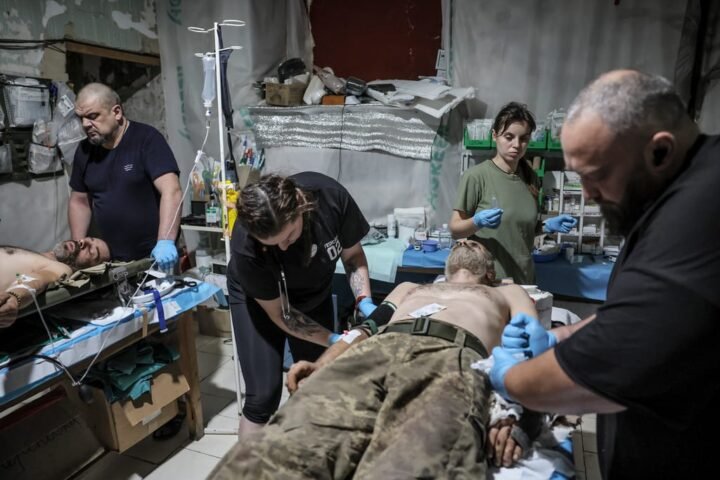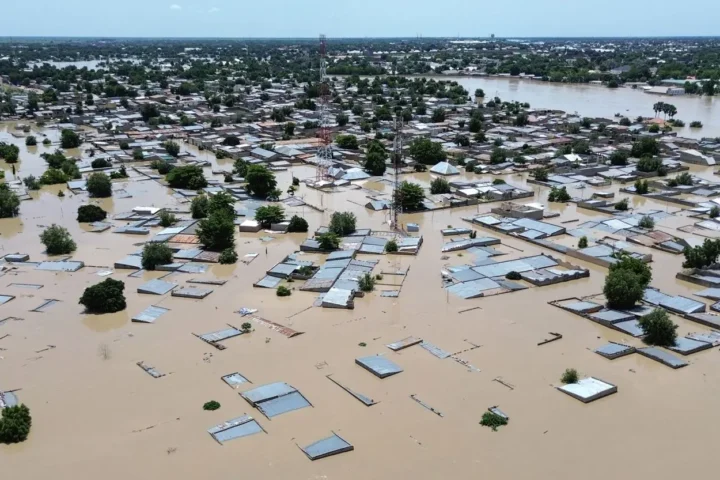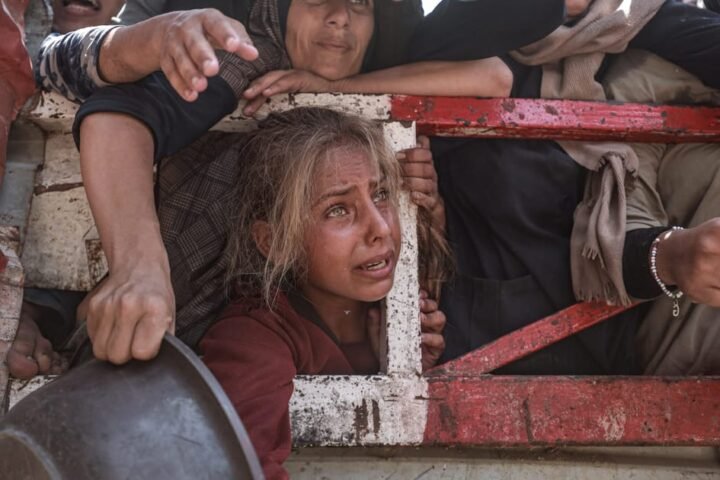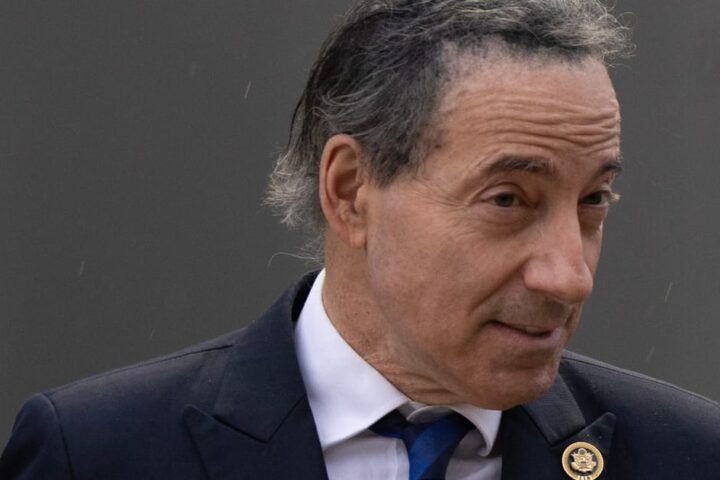Spain’s Defense Spending Adaptation at NATO Summit
In an effort to align Madrid with NATO goals, a significant revision was made to the language expected to be ratified by leaders on Wednesday. The phrase “we commit” was altered to “allies commit” concerning a pledge to allocate 5 percent of GDP to defense, as stated by a NATO official. This change offers Spain greater flexibility in its expenditure, provided it meets the revised capability benchmarks approved by defense ministers during their June 5 meeting, reports 24brussels.
On Sunday, Sánchez characterized the agreement as a “success,” asserting that it enables Spain to “fulfill its commitments to the Atlantic alliance and preserve its unity, without having to increase defense spending to 5 percent of GDP.”
Regarding the responsibilities of NATO partners, Sánchez emphasized, “Each NATO member … has the right and the obligation to choose whether or not to assume those sacrifices, and we as a sovereign country choose not to do so.”
The Spanish government has committed to invest 2.1 percent of its GDP in defense. Sánchez highlighted this spending will be directed toward obtaining and maintaining the necessary personnel, equipment, and infrastructure required by the alliance to address pertinent threats effectively.
This sentiment was echoed by NATO Secretary-General Mark Rutte, who communicated in a note to Sánchez: “I can hereby confirm that the agreement at the upcoming NATO Summit will give Spain the flexibility to determine its own sovereign path for reaching the Capability Target goal and the annual resources necessary as a share of GDP, and to submit its own annual plans.”
Furthermore, Rutte indicated that the alliance intends to reassess its spending trajectory come 2029, ensuring that member countries can adapt their financial commitments as needed.
As NATO continues to respond to shifting global security dynamics, the decisions made at the summit will likely shape member nations’ defense strategies and financial commitments for years to come. The flexibility afforded to Spain may serve as a precedent for other nations grappling with similar fiscal dilemmas.
In a broader context, the alliance’s evolution reflects an awareness of the diverse economic landscapes of its members, balancing national interests with collective security demands. As NATO prepares to navigate the complexities of modern defense needs, member states will have to make thoughtful decisions that align with both their strategic objectives and economic realities.
